YUM (Yellowdog Updater Modified) is an open-source, widely used command-line and graphical-based package management tool for RPM (RedHat Package Manager) based Linux systems, including, but not limited to, Red Hat Enterprise Linux (RHEL), CentOS, Scientific Linux (SL), Oracle Linux (OL), Rocky Linux and AlmaLinux, which is used to install, update, remove or search software packages on a system.
The DNF command (Dandified yum) is the next-generation version of the traditional YUM package manager for RedHat-based systems.
To install software packages that are not included in the default base and update repositories, as well as additional repositories, you need to install and enable other third-party repositories on your system.
In this article, we will review the top 8 YUM/DNF repositories for RHEL-based distributions, which are frequently recommended by the Linux community.
Warning: You should always remember the repositories listed below are not provided nor supported by RHEL; they may or may not be up to date or behave the way you expect them to – use them at your own risk.
1. EPEL Repository
EPEL (Extra Packages for Enterprise Linux) is a free and open-source, popular, community-based repository project aimed at providing high-quality packages that have been developed, tested, and improved in Fedora and made available for RHEL, CentOS, Scientific Linux, and similar Linux distributions. Most of the other repositories listed in this article are dependent on EPEL.
To enable the EPEL repository on your system, use the following commands.
# yum install https://dl.fedoraproject.org/pub/epel/epel-release-latest-8.noarch.rpm [on RHEL 8] # yum install https://dl.fedoraproject.org/pub/epel/epel-release-latest-7.noarch.rpm [on RHEL 7] # yum install https://archives.fedoraproject.org/pub/archive/epel/6/x86_64/epel-release-6-8.noarch.rpm [on RHEL 6]
2. REMI Repository
REMI is a widely used third-party repository that provides the latest versions of the PHP stack, and some other related software, to users of Fedora and Enterprise Linux (EL) distributions such as RHEL, CentOS, Oracle, Scientific Linux, and more.
Before you can enable Remi, you need to enable the EPEL repository first, as follows:
-------- On RHEL 8 -------- # yum install https://dl.fedoraproject.org/pub/epel/epel-release-latest-8.noarch.rpm # yum install https://rpms.remirepo.net/enterprise/remi-release-8.rpm -------- On RHEL 7 -------- # yum install https://dl.fedoraproject.org/pub/epel/epel-release-latest-7.noarch.rpm # yum install https://rpms.remirepo.net/enterprise/remi-release-7.rpm -------- On RHEL 6 -------- # yum install https://archives.fedoraproject.org/pub/archive/epel/6/x86_64/epel-release-6-8.noarch.rpm # yum install https://rpms.remirepo.net/enterprise/remi-release-6.rpm
3. RPMFusion Repository
RPMFusion is a third-party repository that offers some free and non-free add-on software for Fedora and Enterprise Linux distros including RHEL and CentOS. You need to enable the EPEL repo before you enable RPM Fusion.
-------- On RHEL 8 -------- # yum install https://dl.fedoraproject.org/pub/epel/epel-release-latest-8.noarch.rpm # yum localinstall --nogpgcheck https://download1.rpmfusion.org/free/el/rpmfusion-free-release-8.noarch.rpm # yum localinstall --nogpgcheck https://download1.rpmfusion.org/nonfree/el/rpmfusion-nonfree-release-8.noarch.rpm -------- On RHEL 7 -------- # yum install https://dl.fedoraproject.org/pub/epel/epel-release-latest-7.noarch.rpm # yum localinstall --nogpgcheck https://download1.rpmfusion.org/free/el/rpmfusion-free-release-7.noarch.rpm # yum localinstall --nogpgcheck https://download1.rpmfusion.org/nonfree/el/rpmfusion-nonfree-release-7.noarch.rpm -------- On RHEL 6 -------- # yum install https://archives.fedoraproject.org/pub/archive/epel/6/x86_64/epel-release-6-8.noarch.rpm # yum localinstall --nogpgcheck https://download1.rpmfusion.org/free/el/rpmfusion-free-release-6.noarch.rpm # yum localinstall --nogpgcheck https://download1.rpmfusion.org/nonfree/el/rpmfusion-nonfree-release-6.noarch.rpm
4. ELRepo Repository
ELRepo (Community Enterprise Linux Repository) is an RPM repository intended to provide hardware-related packages such as filesystem drivers, graphics drivers, network drivers, sound drivers, webcam, and video drivers, to improve your experience with Enterprise Linux.
To enable ELRepo on your system, use the following commands.
-------- On RHEL 8 -------- # rpm --import https://www.elrepo.org/RPM-GPG-KEY-elrepo.org # rpm -Uvh https://www.elrepo.org/elrepo-release-8.el8.elrepo.noarch.rpm -------- On RHEL 7 -------- # rpm --import https://www.elrepo.org/RPM-GPG-KEY-elrepo.org # rpm -Uvh https://www.elrepo.org/elrepo-release-7.el7.elrepo.noarch.rpm -------- On RHEL 6 -------- # rpm --import https://www.elrepo.org/RPM-GPG-KEY-elrepo.org # rpm -Uvh https://www.elrepo.org/elrepo-release-6-8.el6.elrepo.noarch.rpm
5. NUX-dextop Repository
NUX-dextop is an RPM repository for desktop and multimedia software packages for EL. It contains a lot of graphical software and command-line interface (CLI) based programs including Remmina remote desktop sharing tool, VLC media player, and many others.
You also need to enable the EPEL repo before you enable nux-dextop.
-------- On RHEL 8 -------- # yum install https://dl.fedoraproject.org/pub/epel/epel-release-latest-8.noarch.rpm # yum install http://li.nux.ro/download/nux/dextop/el7/x86_64/nux-dextop-release-0-5.el7.nux.noarch.rpm -------- On RHEL 7 -------- # yum install https://dl.fedoraproject.org/pub/epel/epel-release-latest-7.noarch.rpm # yum install http://li.nux.ro/download/nux/dextop/el7/x86_64/nux-dextop-release-0-5.el7.nux.noarch.rpm -------- On RHEL 6 -------- # yum install https://archives.fedoraproject.org/pub/archive/epel/6/x86_64/epel-release-6-8.noarch.rpm # yum install http://li.nux.ro/download/nux/dextop/el6/x86_64/nux-dextop-release-0-2.el6.nux.noarch.rpm
6. GhettoForge Repository
GhettoForge project focuses on providing packages for Enterprise Linux releases 6 and 7 that are not present in the base EL package sets nor in other third-party repositories.
You can enable GhettoForge on your system using the following commands.
-------- On RHEL 8 -------- # yum install http://mirror.ghettoforge.org/distributions/gf/gf-release-latest.gf.el8.noarch.rpm -------- On RHEL 7 -------- # yum install http://mirror.ghettoforge.org/distributions/gf/gf-release-latest.gf.el7.noarch.rpm -------- On RHEL 6 -------- # yum install http://mirror.ghettoforge.org/distributions/gf/gf-release-latest.gf.el6.noarch.rpm
7. Psychotic Ninja Repository
Psychotic Ninja aims to provide high-quality packages that do not exist in the base EL package sets nor in other third-party repositories, for Enterprise Linux releases 6 and 7.
To enable the Psychotic Ninja repository, first, you need to import the GPG key and then install it.
# rpm --import http://wiki.psychotic.ninja/RPM-GPG-KEY-psychotic # rpm -ivh http://packages.psychotic.ninja/6/base/i386/RPMS/psychotic-release-1.0.0-1.el6.psychotic.noarch.rpm
Note that this unified psychotic-release package works across all releases and architectures, including the 64-bit version of CentOS/RHEL 7.
8. IUS Community Repository
Last on the list is, IUS (Inline with Upstream Stable) is a new third-party, community-supported repo that provides high-quality RPM packages for the latest upstream versions of PHP, Python, MySQL, and Red Hat Enterprise Linux (RHEL), and CentOS.
Just like many of the repos we have looked at, IUS also depends on EPEL.
-------- On RHEL 7 -------- # yum install https://dl.fedoraproject.org/pub/epel/epel-release-latest-7.noarch.rpm # yum install https://repo.ius.io/ius-release-el7.rpm
That’s all! In this article, we reviewed the top 8 YUM/DNF third-party repositories for RHEL-based Linux, which are frequently recommended by the Linux community. If you know of any other repository that provides high-quality software packages and deserves to be included here, let us know via the comment form below.


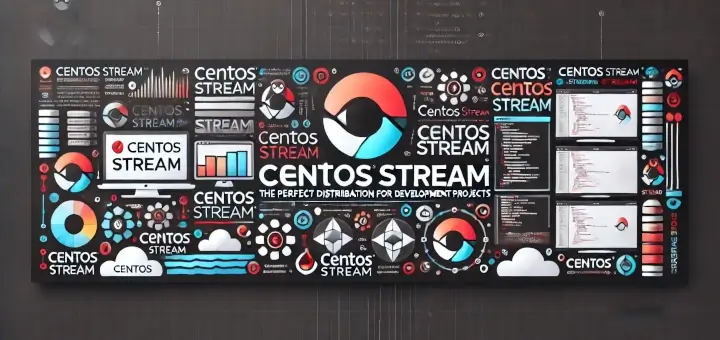
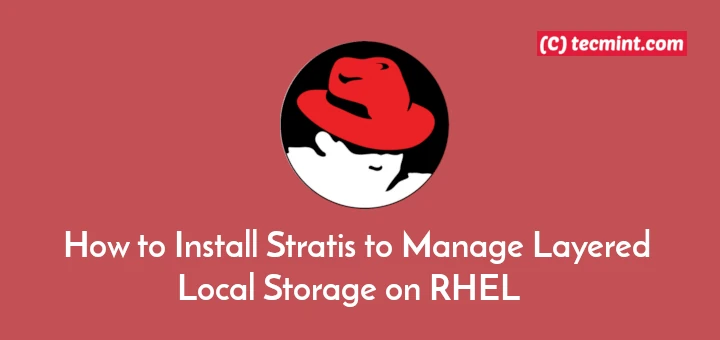
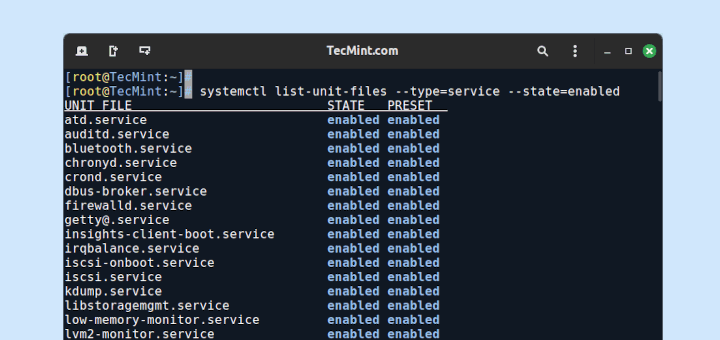

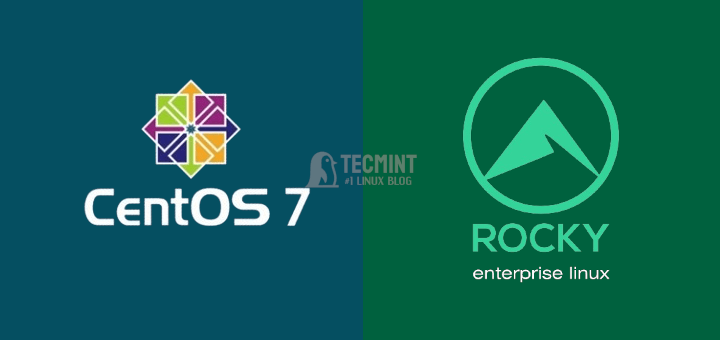
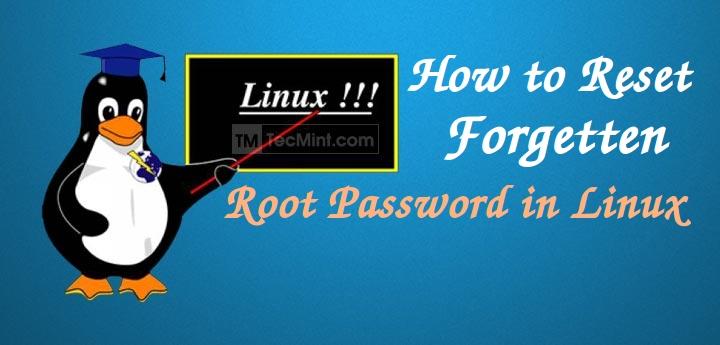
what are the repo file contents
@rmaniacnyc
You can check the repo file content under the /etc/yum.repos.d/ directory.